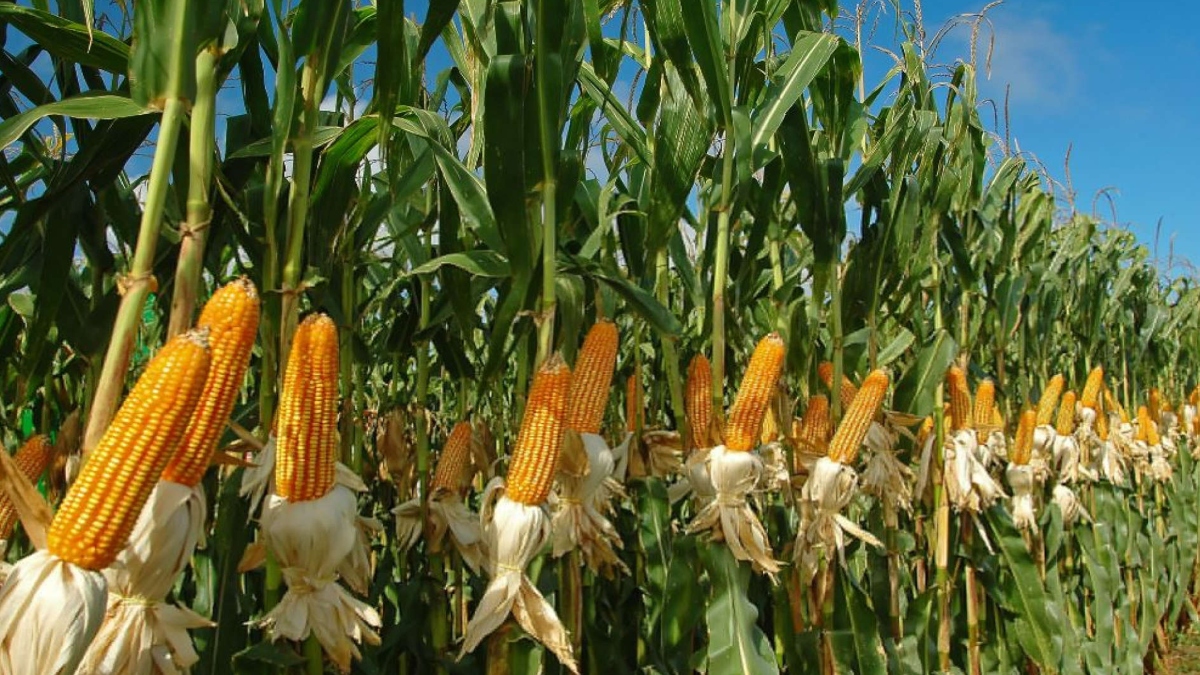The export of maize has touched USD 816.31 million in the first ten months of current fiscal 2021-22 (April-January), already exceeding the USD 634.85 million achieved during the last financial year.

From an exports realization of USD 142.8 million in 2019-20, the export of maize increased nearly six fold, taking the total value of shipment to USD 1593.73 million in the last three years despite logistical challenges posed by the COVID19 pandemic outbreak.
Neighbouring countries like Bangladesh and Nepal are the major importers of maize from India. Bangladesh has imported maize worth USD 345.5 million in the current fiscal (April-January), while Nepal has imported maize worth USD 132.16 million during this period.
With initiatives of the Ministry of Commerce & Industry to explore and diversify new markets, Vietnam has emerged as a major destination for export of maize. India exported maize worth USD 244.24 million to Vietnam in the first ten months of current fiscal (April-January 2021-22). Other prominent importing countries are Malaysia, Myanmar, Sri Lanka, Bhutan, Taiwan, Oman, etc.
Maize, which is globally known as the queen of cereals, has emerged as one of the significant foreign exchange earners under the commodities covered under the Agricultural and Processed Food Products Export Development Authority (APEDA) ambit.
“The significant rise in agri-exports is seen as a testimony of the government’s commitment to increase farmers’ income through creating requisite infrastructure and improving value chains on boosting exports of agricultural and processed food products,” Dr. M. Angamuthu, Chairman, APEDA said.
Maize is the third most important cereal crop in India after rice and wheat. The cereal crop is primarily cultivated in the states of Karnataka, Madhya Pradesh, Kerala, Bihar, Tamil Nadu, Telangana, Maharashtra and Andhra Pradesh.
Having highest genetic yield potential among the cereals, maize is one of the most versatile emerging crops having wider adaptability under varied agro-climatic conditions.
In India, maize is grown throughout the year and it is predominantly a kharif crop with 85 percent of the area under cultivation in the season.
In addition to staple food for human beings and quality feed for animals, maize serves as a basic raw material/ingredient to many of industrial products that includes starch, oil, protein, alcoholic beverages, food sweeteners, pharmaceutical, cosmetic, film, textile, gum, package and paper industries etc.
The rise in export of agricultural and processed food products has been largely due to the various initiatives taken by APEDA such as organizing B2B exhibitions in different countries, exploring new potential markets through product specific and general marketing campaigns by active involvement of Indian Embassies.
APEDA has also taken several initiatives to promote Geographical Indications (GI) registered agricultural and processed food products in India by organizing virtual Buyer-Seller Meets on agricultural and food products with the major importing countries across the world.
In order to ensure seamless quality certification of products to be exported, APEDA has recognized 220 labs across India to provide services of testing to a wide range of products and exporters.
APEDA organizes participation of exporters in the International Trade Fairs, which provides a platform to the exporters to market their food products in the global marketplace. APEDA also organizes national events like AAHAR, Organic World Congress, BioFach India etc. to promote agri-exports.























